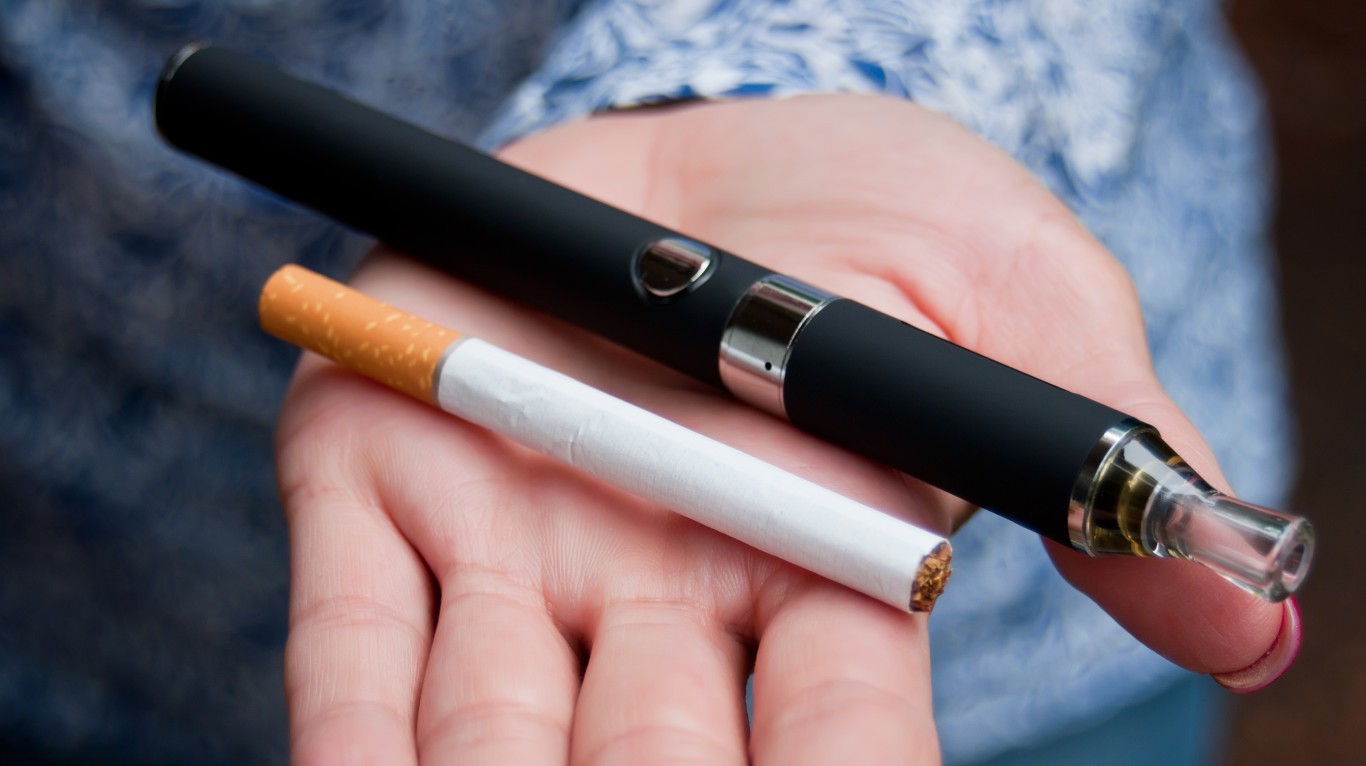New legislation in New York and Washington will add the two states to the current list of nine others that have raised to 21 the legal age to purchase tobacco and electronic cigarettes. The governors of both states are expected to sign the legislation.
The legal age to purchase tobacco products and e-cigarettes already has been raised to 21 in Arkansas, California, Hawaii, Maine, Massachusetts, New Jersey, Oregon and Virginia. Utah is lifting its legal age to 21 in phases ending in 2021. In a 12th state, Illinois, legislators last month sent a bill to the governor, where it now languishes awaiting his signature.
The U.S. Food and Drug Administration (FDA) and its soon-to-be former commissioner, Scott Gottlieb, have pushed hard against e-cigarette and tobacco companies for marketing and selling their products to minors. In February, the FDA sent letters to some 40 companies that market tobacco and e-cigarette products asking for evidence that the products are not being illegally marketed.
The best-known action the agency has taken was a letter to retail pharmacy giant Walgreens in January, calling the company “currently the top violator among pharmacies that sell tobacco products, with 22 percent of the stores inspected having illegally sold tobacco products to minors.”
In early March, Gottlieb identified 15 retail chains at which FDA inspectors found more than 15% of stores violated age restrictions on the sale of tobacco. Most are convenience stores associated with gas stations. Of the 10 worst offenders, eight were owned and operated by major oil companies: BP, Chevron, Citgo, Exxon, Marathon, Mobil, Shell and Sunoco. Three of them, Casey’s General Stores, Circle K and 7-Eleven, are convenience stores that also sell gasoline. The other four retail chains on the FDA’s list were Family Dollar, Kroger, Walgreens and Walmart.
The agency also has proposed actions to address sales to minors of flavored tobacco products, including e-cigarettes and cigars. Calling the use of e-cigarettes and similar products “an epidemic,” Gottlieb reported in November that more than a quarter of high school students used these products regularly and that more than two-thirds were using flavored e-cigarettes. Addicting children to nicotine raises the likelihood that they will use combustible tobacco products later in their lives.
Big tobacco companies do not yet appear to be overly worried that states are raising the legal age to purchase tobacco and e-cigarette products. Marlboro-maker Altria last year took a $13 billion minority stake in e-cigarette maker Juul, likely expecting to be able to make sales to 18-year-olds. A cynic might even think that addicting children to nicotine would raise the probability that they would turn to cigarettes as they got older. Altria and the other tobacco companies that have invested in e-cigarettes would win either way. And here is the price of pack of smokes the year you were born.
